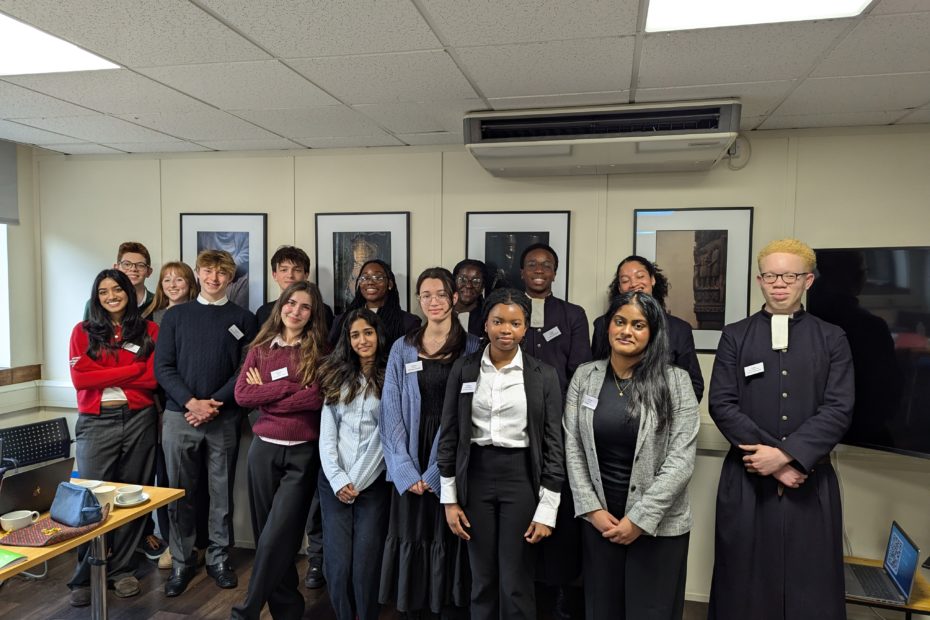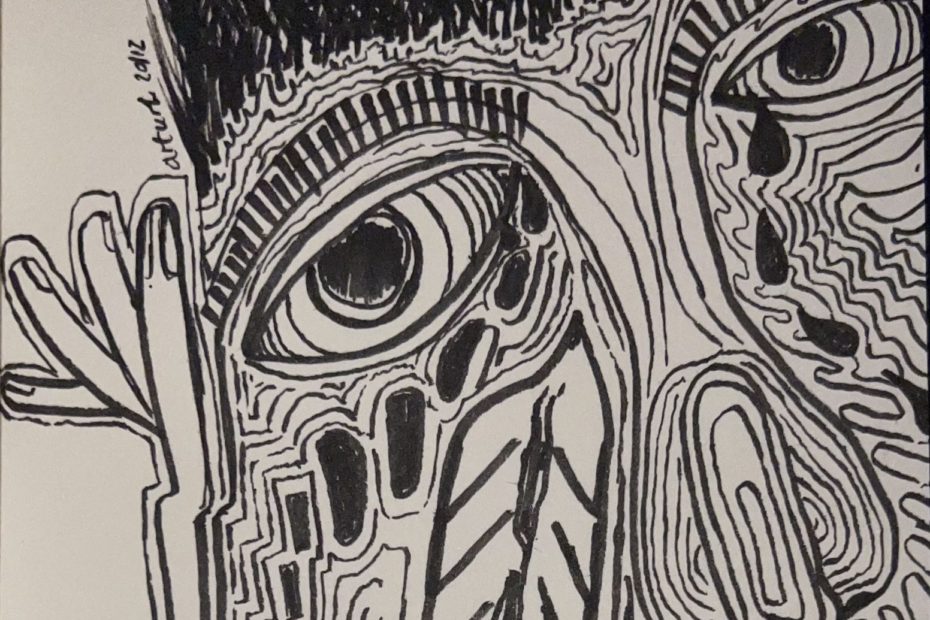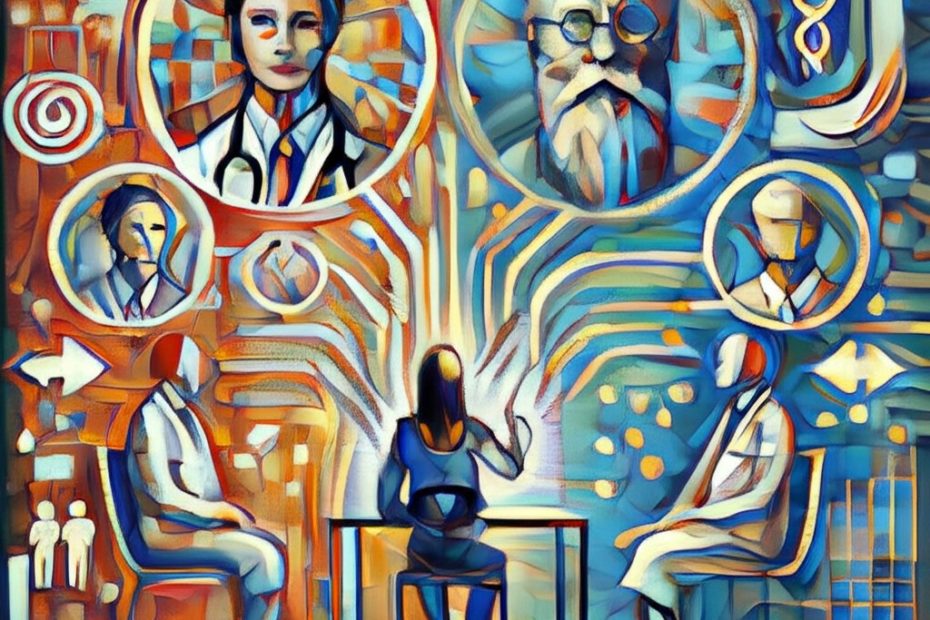Uterus Transplants – Ethical and Legal Challenges in the Mexican Context
Author: Dr César Palacios-Gonzalez Discussions about maternal health and rights in Mexico tend to focus on health outcomes and access to healthcare. Academics and activists have long campaigned for the government to invest more resources in maternal health. Unfortunately, healthcare provision for women who want to have a child and are struggling to conceive hasn’t received enough… Read More »Uterus Transplants – Ethical and Legal Challenges in the Mexican Context











